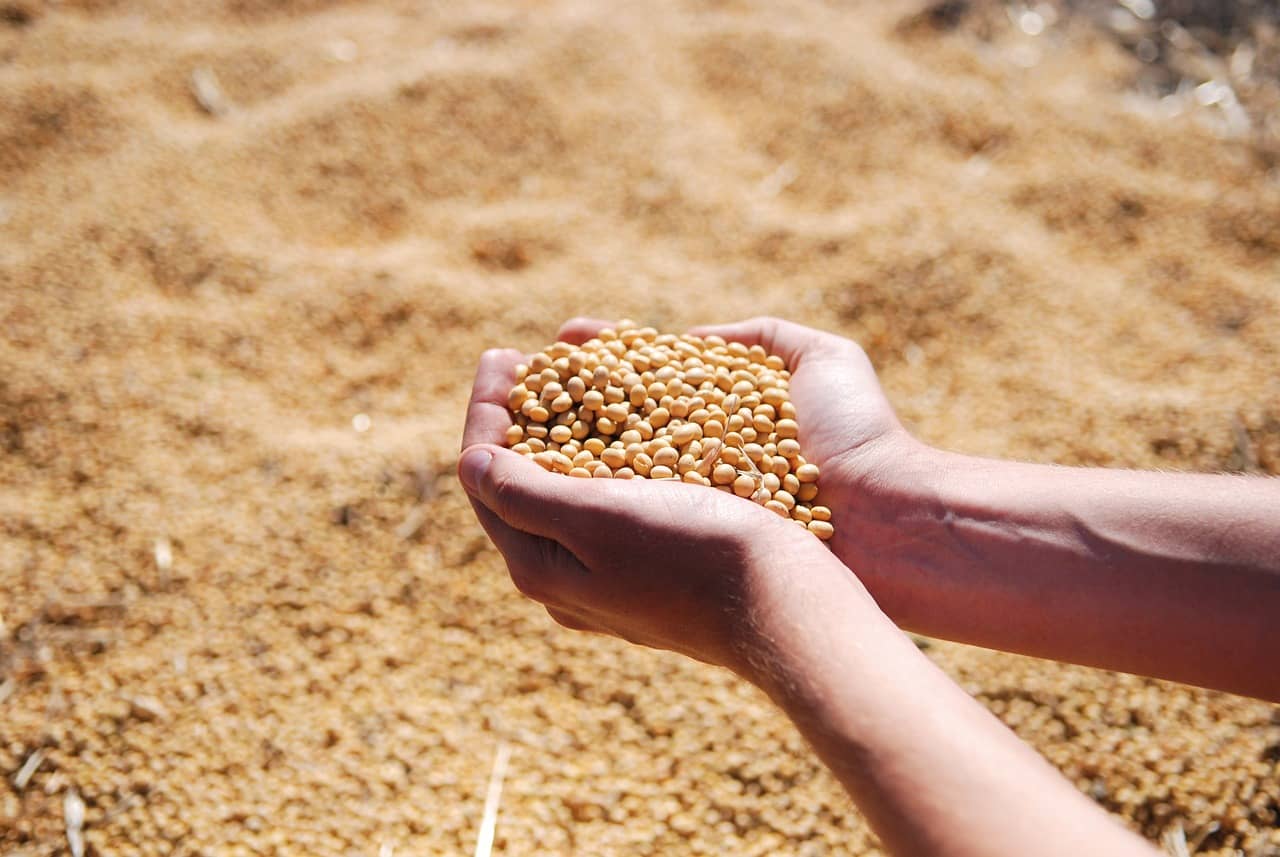
(NewsDakota.com/USAgNet) – Brazil is on track for a record-high Brazilian soybean harvest in the marketing year 2022-23 (January-December 2023), based on forecasts from commodity consultancies and government-owned institutions. The likely estimate means a looming oversupply expected to remain until at least mid-2023.
The average of estimates by the various organizations has the world’s top soy supplier producing a record 152 million tons of soybeans in MY 2022-23, up 20% year on year.
S&P Global Commodity Insights projects the Brazilian MY 2022-23 soybean crop at 150 million tons.
Substantial back-to-back supplies from the world’s top two soybean exporters (Brazil and US) are a recipe for a bearish 2023, they said. The US soybean new crop has been estimated at an average 118 million tons, and if Brazil’s record harvest projections are included, an oversupply seems likely.
The U.S, Department of Agriculture has estimated the MY 2022-23 US soybean harvest at 118.3 million tons, close to its 5-year average of 118.4 million tons. Brazil and the US together account for 70% of global soybean production.
Based on estimates, Brazil’s soybeans plantged area has expanded for a consecutive 16th year, which has significantly boosted its production capacity.
Brazil’s national agricultural agency Conab sees the acreage in MY 2022-23 at 43.2 million hectares (107 million acres), up 4.2% year on year, while others are predicting an even bigger area.
Farmers are projected to plant 43.79 million hectares with soybeans this season, an increase of 762,000 hectares from the July forecast and up 1.98 million hectares year on year, according to agribusiness consultancy Datagro.
This acreage increase is experienced in the key growing regions of the north, northeast and center-west rather than displacing other crops, analysts said.
But the euphoria over a forecast record Brazilian soybean harvest in MY 2022-23 is likely to be short-lived, some analysts said. Brazil typically consumes 45/50 million tons of soybeans domestically and exports almost all the rest.
